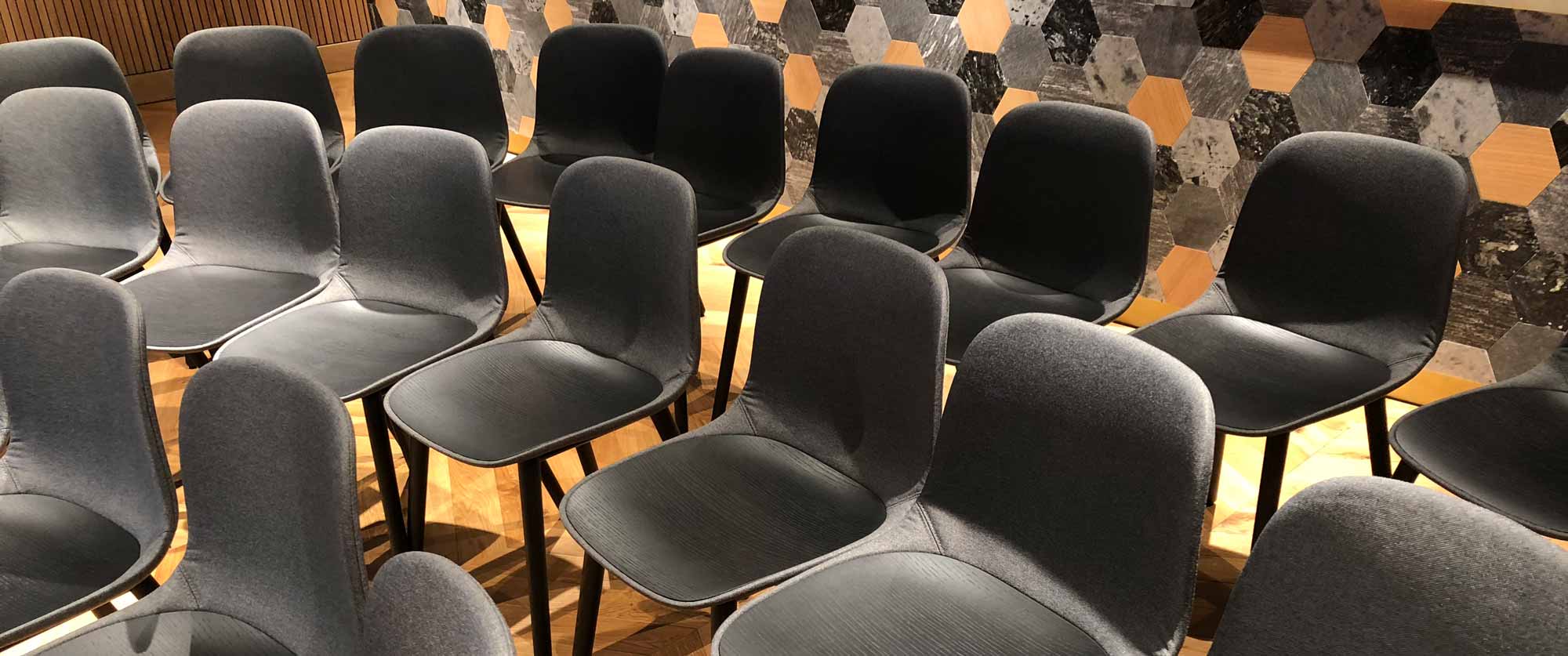Community Event | Café Scientifique - How the copying of our genome drives ageing and disease

A dangerous undertaking: how the copying of our genome drives ageing and disease
The multiplication of cells is one of the underlining principles of all life on earth. About 10 quadrillion cell divisions are necessary to generate our complex human body from a single fertilized egg cell and to regenerate most of our tissues throughout a lifetime. For example, the cells forming your intestinal epithelium are replaced once or twice every week. Before each such division, a cell has to duplicate its entire genome of approximately 3 billion base pairs with the highest possible accuracy through the process of DNA replication. It is hardly surprising that copying this vast amount of information during a replicative phase that typically only lasts a couple of hours, is a gigantic undertaking and subject to innumerable challenges. During any normal cell cycle, our replicative machinery is confronted with countless obstacles that originate from both intracellular and extracellular sources. Replicative errors can have dire consequences and are at the basis of ageing and various disease, most importantly cancer. It is however only recently that we started to uncover the various ingenious ways by which cells deal with this challenge.
During his talk, Dr. Schmid will focus on some of these pathways, explain how they were uncovered and highlight what can happen when they misfunction.
After simultaneously obtaining two bachelor degrees in economics and biology at the Universities of Bern, Vienna and Zürich, Dr. Jonas Schmid entered the fast track PhD program in Cancer Biology at the University of Zürich. In his PhD project, he established that a central pathway for chromosomal repair also had a central function during normal DNA replication. For this discovery, he was honoured with the 2019 de Pottere Cancer Research Award. During his PhD, he developed the wish to bridge the gap between basic research and the treatment of cancer patients. So currently, he’s splitting his time between obtaining a medical degree and working as a scientific associate at the institute of molecular cancer research at the University of Zürich.
Door opens at 18h30. The event begins at 19h00. Bar open till 19h15.
This event is FREE of charge. Please drop by early to grab a drink/snack as a sign of support to the location.
Please sign up here.
_____
A Café Scientifique is a forum, where for the price of a cup of coffee or a glass of wine, anyone can participate in the discussion of current scientific issues in the relaxing, informal setup of a Café!
The Cafés Scientifiques are organized by Community Member Dr. Sahar El Khoury and Life Science Zurich and supported by Science et Cité and Coworking Lounge Tessinerplatz. They take place in general once a month.
How does it work?
- A Café Scientifique starts with conversations in small groups about the topic to break the ice, fill the glasses, and concretize our knowledge about the subject.
- Afterwards, there is a short talk (usually about 15/20 min) by an expert speaker.
- This is followed by approximately half an hour of questions and answers and general discussion.
What subjects will be discussed? Any scientific subject that is of interest to the general public. The theme of the evening will be announced in time.
Who are the invited speakers? The invited speakers are researchers from UZH/ETHZ.



